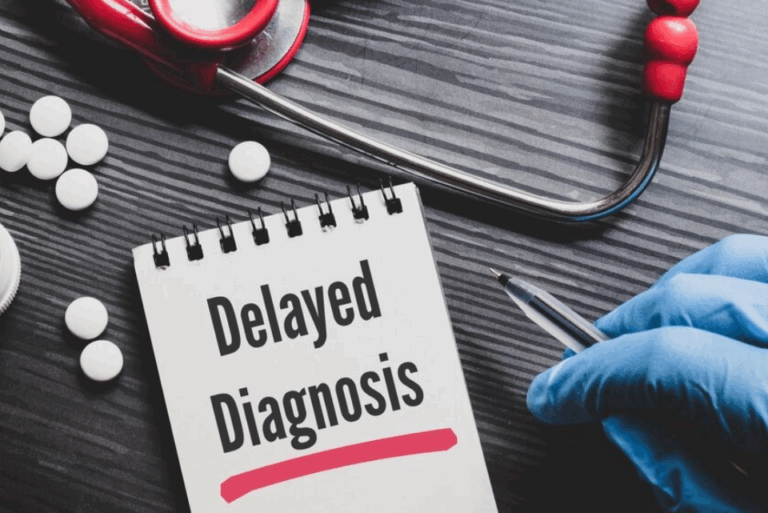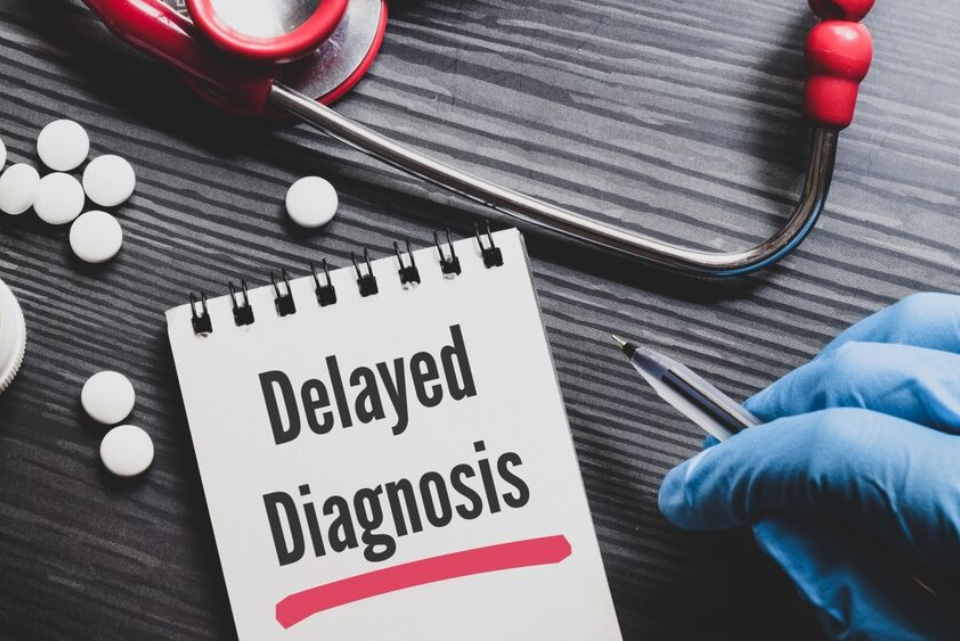Understanding Delayed Diagnosis and Medical Malpractice in New York
Is a late medical diagnosis just bad luck, or could it be a sign of medical malpractice? If you’ve experienced a delayed diagnosis in New York, you’re not alone—and it’s a question we hear often.
Hi, I’m Scott Peterson, a plaintiff’s litigation attorney based in New York. Many of our clients come to us confused and frustrated after finally receiving a diagnosis—sometimes after months or even years of ongoing symptoms. They often ask: Could this delay have been avoided? Did my doctor make a mistake?
The answer is: it depends.
Let’s break down what New Yorkers should consider when thinking about whether a delayed diagnosis might be malpractice.
1. Were You Treated by One Doctor or Multiple?
If you were seen by several different doctors over a period of time and only the most recent one made the correct diagnosis, it may be less likely that any one doctor committed malpractice. Each physician can only be held responsible for the care they provided during their time with you.
2. Did You See the Same Doctor Repeatedly for the Same Issue?
If you kept going back to the same physician over several months or years with similar complaints—and only after a long time did they finally make the correct diagnosis—you may want to take a closer look at their care.
For example, let’s say you had a persistent lump or pain in your knee, and you visited the same orthopedic surgeon multiple times. If the doctor didn’t order tests, ask the right questions, or track changes in your condition, that might raise red flags.
3. Were Any Tests Performed or Important Diagnoses Ruled Out?
Doctors are expected to consider what’s known as a differential diagnosis—that means they should explore and rule out different potential causes for your symptoms. If your doctor became fixated on one explanation and ignored other possibilities, especially over a long period of recurring visits, that might indicate negligence.
A proper standard of care includes:
- Asking detailed, relevant questions
- Monitoring how your condition evolves
- Ordering appropriate diagnostic tests (like MRIs, biopsies, bloodwork)
- Referring you to a specialist when necessary
4. When Does a Delayed Diagnosis Become Malpractice in New York?
Not every delayed diagnosis is malpractice. In some cases, the condition might have been genuinely difficult to detect. However, if your provider failed to follow basic medical guidelines or ignored ongoing symptoms, they may have breached the standard of care.
In New York, to prove medical malpractice, you generally need to show that:
- The doctor failed to provide care that meets accepted medical standards
- This failure directly caused you harm or worsened your condition
- The harm resulted in damages (emotional, physical, or financial)
What to Do If You Suspect Medical Malpractice in New York
If you believe you were harmed due to a delayed or missed diagnosis, it’s important to speak with an experienced medical malpractice attorney. Cases like these can be complex, and New York has specific rules and deadlines (known as statutes of limitations) that apply to malpractice claims.
We talk to people in situations like yours all the time. If you’re unsure whether you have a case, it doesn’t hurt to ask. Call our office for a free consultation—we’re here to help you understand your rights and explore your legal options.


